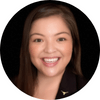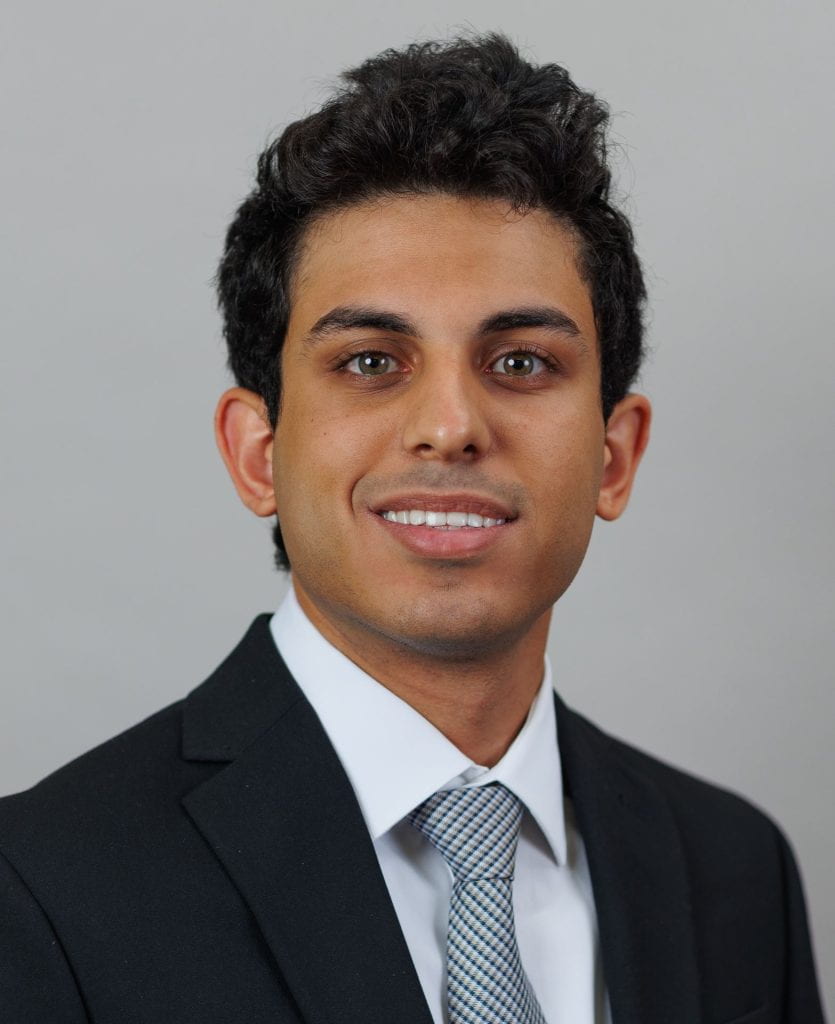Benefits of the Master in Professional Accounting Program
Mateen Bashiri, MPA candidate ’24, on the path to CFO
When Mateen Bashiri started his undergraduate degree at The University of Texas at Austin, he was sure he would become a doctor. But Bashiri soon pivoted to economics, an area of study he’d enjoyed in high school. Now, he’s about to earn a master’s in accounting.
While Bashiri was still an economics undergrad, he enrolled in Texas McCombs’ Master in Professional Accounting (MPA) Bridge program, which allowed him to get a head start on his graduate MPA coursework in his senior year. He’s currently on track to graduate this spring.
Bashiri tells us why he’s pursuing an accounting master’s degree, the benefits of the MPA Bridge program, and his experience in the MPA program.
Q: How did you decide on your career path?
A: I’m from Austin originally. I went into college as a science major and was going to be a doctor. But I quickly saw that it wasn’t for me. My dad is an accountant — a financial controller for a med tech company — and a lot of other family members work in accounting, too. Growing up, I saw their careers develop. I also really enjoyed my economics classes in high school. I really like the business aspect. After getting my undergraduate degree in economics, it was close between whether I’d go into accounting or finance. Ultimately, I decided I wanted to become a certified public accountant (CPA).
Q: How did you decide to pursue an MPA degree?
A: I knew I needed my master’s degree to get the hours I needed, especially since I didn’t have an accounting background. I also knew UT students have a very high pass rate for the CPA exam; you’re prepared very well to succeed. Plus, the MPA is a great degree given that my goal is to eventually become a CFO. There are a lot of CPAs who become CFOs. This degree is such a great propellent into many other career opportunities.
Q: What benefits did you see in enrolling in the MPA Bridge program?
A: I was set to graduate a semester early from undergrad, and for most other master’s programs out there, I would have had to skip the spring semester and enroll the following fall. The Bridge program let me go right into my master’s academic work, and it really gave me a great head start for the graduate portion of the MPA program. I took one class as part of the MPA Bridge program in the summer before I graduated while finishing my undergraduate degree, and then I took two classes in the fall. After that, I started full time in the MPA program in the spring. Coming into the accounting program with an economics background also definitely helped me, especially in the foundational accounting courses. I didn’t feel at all unprepared.
Q: What has been the most exciting part of the MPA program to date?
A: The best part, even though it sounds somewhat cliché, has been meeting so many people from all across the country. I wasn’t expecting that. And a lot of us regularly keep up with each other, too.
Q: What’s your plan for after you graduate?
A: Currently, I’m taking one class and I’ll graduate this spring. I’m also working on preparing for the CPA exam, and I’m hoping to finish that over the next five or six months. Then I’ll start my new job as a financial analyst with Dell Technologies in their Accounting Development Program. Last summer, I interned with Dell, and the company offered me a full-time job. The internship was an opportunity that came onto my radar because of McCombs — there are a lot of recruiting events with many different kinds of employers.
Q: What would you say to non-accounting UT students thinking about applying to the MPA program?
A: Definitely do it. It’s been such a great experience. You get to meet great people and get very well prepared for the CPA exam. It’s nice being around people who are so driven. UT’s program is the No. 1 program for a reason. The professors are very good, really intelligent, and they present topics in an exciting way. That’s why so many have been around for a while. This program prepares you, whether you have an accounting background, or not, for long-term career success.











